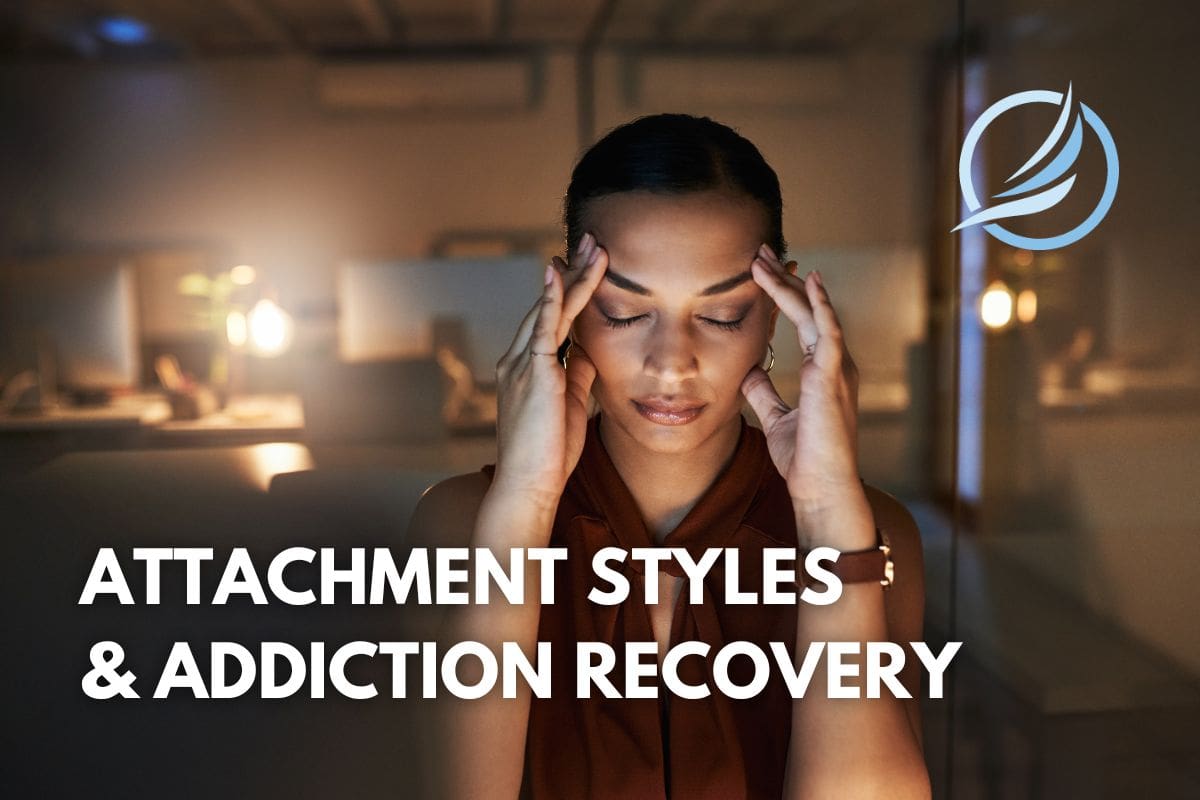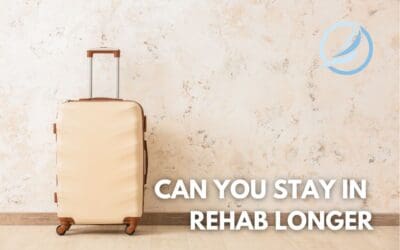Attachment styles determine how we form relationships with the people around us. We develop these styles from a very young age, generally in response to how our parents care for us.
Since our attachment influences how we relate to people and how we develop coping strategies, it also influences how we build addiction or cope with it. While people who were cared for consistently usually are more resilient to addiction, those with inconsistent or absent parents may be more vulnerable to substances.
Let’s explore attachment styles and how they influence addiction to understand better why certain people are more or less likely to develop addiction and recover from it.
What Are Attachment Styles?
Attachment is the combination of behaviors and motivations that gives young children a feeling of security. The term comes from attachment theory, which has been used for decades in several medical fields to explain various behaviors, including substance use disorders (SUDs).
Our attachment styles develop during our earliest relationships, usually with our parents or primary caregivers.
When we feel in danger, we seek comfort and security from our parents. When they provide us with the security we seek, this helps us regulate our emotions and learn to cope on our own in healthy ways.
When we don’t receive the security we seek, it may lead to an insecure attachment style, which can make children grow up to have trouble forming close relationships with those around them.
Types of Attachment Styles
The four main types of attachment styles are based on how individuals form emotional bonds with others, particularly in childhood, and how these bonds influence their behavior in relationships throughout life.
Secure Attachment
Individuals with a secure attachment style generally feel comfortable with intimacy and independence. People with secure attachment tend to:
- Trust their partners and feel safe in relationships.
- Communicate needs and emotions effectively.
- Feel comfortable with closeness while maintaining their independence.
This typically develops when caregivers are consistently responsive and emotionally available during childhood.
Anxious-Preoccupied Attachment
Individuals with this attachment style often seek constant reassurance and fear abandonment. Those with anxious attachment are often:
- Clingy or overly dependent on their partners.
- Fearful of being rejected or abandoned.
- Worried about the status of their relationships.
This style forms when caregivers are inconsistent in providing attention and affection, leading to uncertainty about emotional availability.
Dismissive-Avoidant Attachment
These individuals prioritize independence and often avoid emotional intimacy. People with dismissive-avoidant attachment typically:
- Are emotionally distant and self-reliant.
- Avoid deep emotional connections.
- Downplay the importance of relationships or dismiss others’ needs.
This attachment style often develops when caregivers are emotionally unavailable or unresponsive to the child’s needs.
Fearful-Avoidant (Disorganized) Attachment
People with this style desire and fear close relationships, leading to inconsistent behavior. Those with fearful-avoidant attachment usually:
- Alternate between seeking closeness and pushing others away.
- Fear of being hurt or rejected, leading to emotional instability.
- Struggle with trust and vulnerability in relationships.
This attachment style typically develops from early trauma, abuse, or inconsistent caregiving, where the caregiver is both a source of comfort and fear.
How Attachment Styles Impact Addiction
Attachment styles can also affect vulnerability to addiction by shaping how we cope with distress. Here’s a look at how attachment styles, in broad terms, impact addiction:
- Coping Mechanisms and Emotional Regulation: Individuals with insecure attachment styles (anxious, avoidant, or fearful) may struggle with emotional regulation and rely on substances as a way to manage overwhelming feelings of anxiety, fear, or emotional disconnection.
- Relationship Dynamics and Dependency: Insecure attachment can lead to difficulties in forming and maintaining healthy relationships, which may drive individuals to seek comfort or escape through addiction. Those who feel emotionally neglected or disconnected might use substances as a substitute for emotional intimacy or to numb feelings of rejection.
- Trauma and Addiction: For those with disorganized or fearful-avoidant attachment, early trauma or inconsistent caregiving can contribute to both attachment issues and a higher risk of substance use. Addiction may emerge as a means of self-medicating past trauma or as a way to cope with ongoing relational instability.
- Seeking Validation or Control: People with insecure attachment styles often seek external validation or control in relationships, which can make them more prone to addictive behaviors. Whether it’s the need to feel wanted (anxious attachment) or to maintain emotional distance (avoidant attachment), substances may be used as a way to regulate feelings of self-worth or control over emotional vulnerability.
Addressing Attachment Styles in Addiction Recovery
Recovery is not just about overcoming substance use but also healing the emotional and relational patterns that contribute to addiction. Different therapies can support individuals with various attachment styles:
- Anxious Attachment: Cognitive Behavioral Therapy (CBT) is highly effective in helping reframe negative thought patterns and build emotional independence. Dialectical Behavioral Therapy (DBT) may also help manage intense emotions and develop healthy coping strategies.
- Avoidant Attachment: Therapies that focus on building trust and emotional vulnerability, such as Emotionally Focused Therapy (EFT), can help those with avoidant attachment slowly re-engage in relationships without feeling overwhelmed. Mindfulness practices are also beneficial for staying present and reducing avoidance behaviors.
- Fearful-Avoidant (Disorganized) Attachment: Trauma-focused therapies, such as Eye Movement Desensitization and Reprocessing (EMDR) or Trauma-Focused CBT, are essential for individuals with this attachment style. These therapies help address past trauma and emotional wounds that contribute to both attachment issues and addiction.
No matter your attachment style, working with a therapist to develop healthier emotional responses and relationship patterns can significantly support long-term recovery.
Moving Forward in Recovery
Understanding and managing attachment styles is an important aspect of addiction recovery. Whether you’re navigating anxious attachment, dismissive avoidance, or other attachment-related challenges, this knowledge can empower you to make healthier choices, build meaningful relationships, and develop emotional resilience.
If you or someone you know is struggling with addiction and attachment-related challenges, reaching out for professional help is a vital first step. At Freedom Center, our compassionate team offers comprehensive care to help individuals heal emotionally, strengthen relationships, and achieve long-term recovery. Get help now, and let’s begin your journey to recovery together.


































